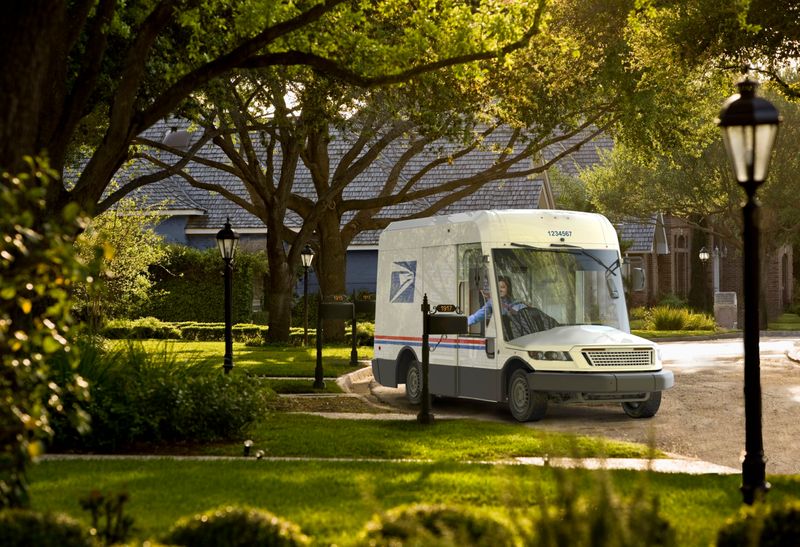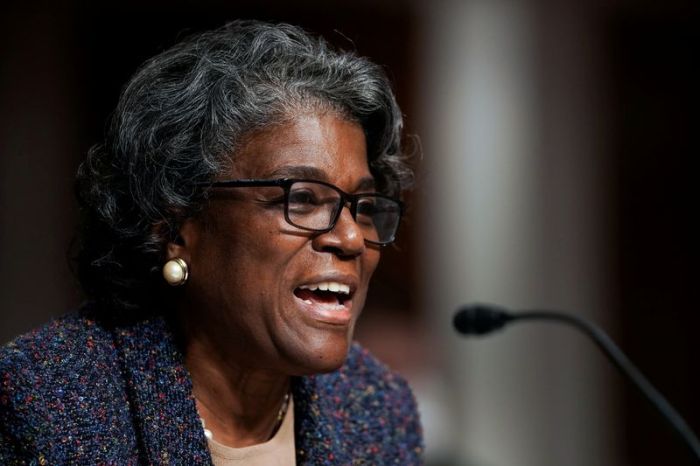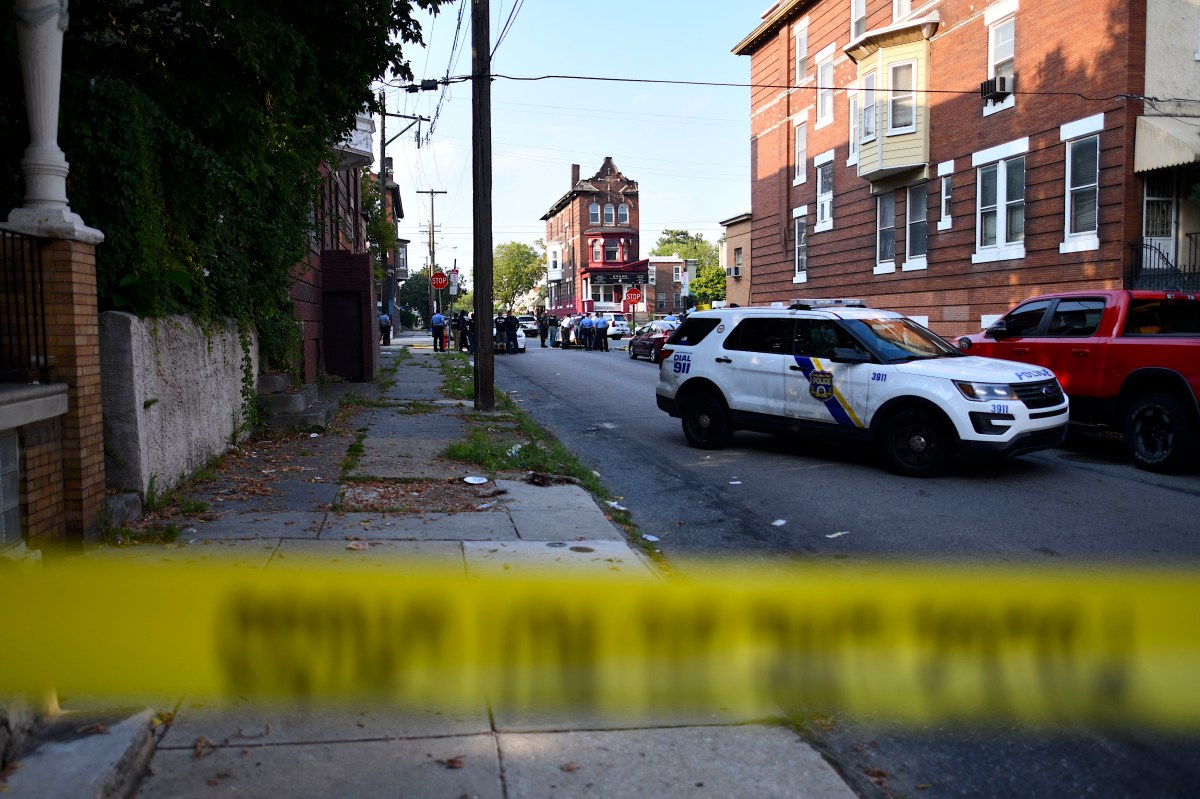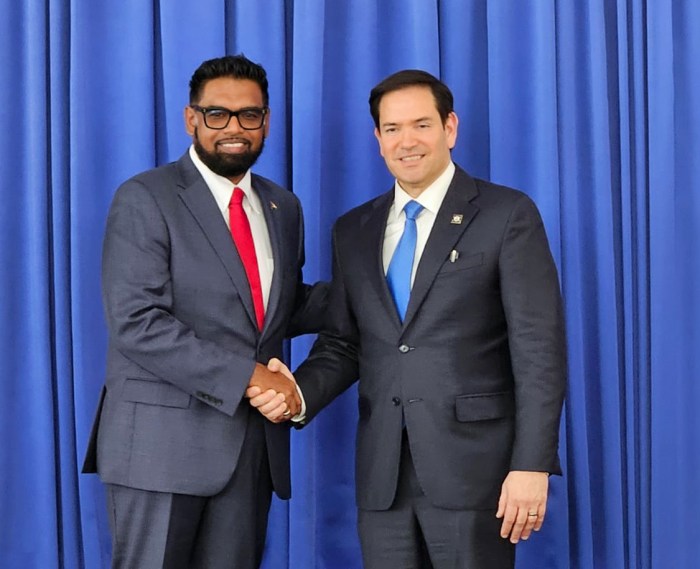WASHINGTON (Reuters) – The U.S. Postal Service (USPS) said on Tuesday it will award a multibillion-dollar, 10-year contract to Oshkosh Defense to manufacture a new generation of postal delivery vehicles.
Under the initial $482 million investment, Oshkosh Defense, a unit of Oshkosh Corp, will finalize the production design, testing and vehicle tooling necessary prior to vehicle production. The per-vehicle price was not disclosed.
The contract, which could be worth more than $6 billion in total, allows for delivery of between 50,000 and 165,000 of the vehicles over 10 years, which will be a mix of internal combustion-powered and battery-electric vehicles.
Oshkosh previously teamed up with Ford Motor Co on its proposal that includes an earlier prototype based on a Transit van. Ford declined to comment and Oshkosh declined to say what role, if any, Ford played in winning the contract.
John Bryant, Oshkosh Defense’s president, said in an interview with Reuters that the winning vehicle “is not a Ford Transit … but is a purpose-built vehicle.”
The current gas-guzzling USPS delivery vehicles are nearly 30 years old on average. An audit report last year said USPS spent $5,000 alone per delivery vehicle on annual maintenance costs.
“This is just light years ahead of the existing vehicle,” Bryant said.
Oshkosh shares closed 6.1% higher on the news. Shares of Workhorse Group Inc, a losing bidder that sought to build electric-only vehicles, were briefly halted and lost almost half their value.
Colliers Securities analyst Michael Shlisky said Workhorse’s loss of the contract is “really bad news for recent Workhorse investors.”
USPS began planning to replace the current fleet in 2015. Bryant said the internal combustion versions could be retrofitted later as battery electric vehicles.
The USPS fleet has more than 230,000 vehicles, including 190,000 that deliver mail.
New USPS vehicles will begin deliveries in late 2023 and include air conditioning and heating, improved ergonomics, and advanced vehicle safety technology including air bags and 360-degree cameras. Most current delivery vehicles do not have air conditioning or modern safety features. The new vehicles will be able to carry more cargo and better accommodate higher package volumes.
Last month, President Joe Biden vowed to replace the U.S. government’s fleet of roughly 650,000 vehicles with electric models. The White House did not respond to a request for comment on the USPS contract decision.
(Reporting by David Shepardson in Washington; Additional reporting by Ben Klayman in Detroit; Editing by David Gregorio and Matthew Lewis)
























